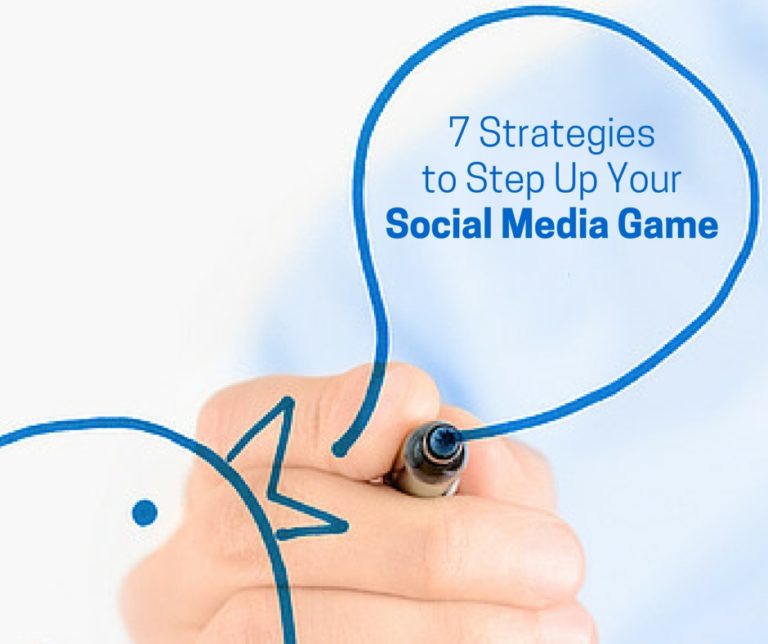There’s a new kind of event audience in town and online, and event management needs to engage it. Your COVID-19 recovery depends on customers changed by the pandemic. Cater to their priorities with events that:
- Make them feel safe
- Are eco-friendly
- Allow them to participate digitally
- Provide options and accommodations for a diverse group
- Raise the bar on both live and online events
When it comes to getting together again, people want to feel good — confident in the impact that their registration or attendance will have on the world as well as on their lives.
It may be hard to see it, but the future of event marketing is rosy. The Bureau of Labor Statistics predicts an 18% job increase for meeting, convention, and event planners by 2030. Embrace that future now by adopting these best practices.
Safe Venues
With the future still uncertain, you should continue to emphasize safety for events in 2022. No one wants to catch the virus or to be responsible for spreading it.
Live venues need to take steps to reduce the risk of contagion. Whether you own the space or rent it, you must make the health of attendees the top priority.
Possible measures include:
- Requiring a proof of vaccination and/or recent negative test
- Capping attendance numbers
- Holding events outdoors when weather permits
- Providing multiple stations with hand sanitizer
- Requiring masks indoors and in tighter outdoor spaces
- Instituting temperature or other health checks
- Cleaning regularly
- Ensuring that indoor spaces are well ventilated
- Providing rapid tests on-site
- Spacing out tables and chairs to put more distance between people
- Marking six-feet intervals anywhere people will be standing in line
- Making events hybrid to allow at-risk or cautious participants to attend
These precautions help your event audience to feel secure and enjoy themselves. You can breathe more easily, too, when you’re less concerned about the potential hassle and negative press that comes with an outbreak.
Even after the virus finally reaches endemicity — the point where it is a natural part of communities and doesn’t come with increased rates of infection — the pandemic will leave a more health-conscious population behind. Think about how you can incorporate some of these practices into your post-pandemic business. For example, you might continue to make hand sanitizer readily available.
Hybrid and Digital Events
One safety measure definitely won’t disappear. Hybrid and digital events have become a crucial part of the industry, and people accept digital options more easily now.
Like remote work and telemedicine, virtual events are here to stay. Artists will add live stream performances to their schedules. A large portion of fundraising will take place online. Hybrid professional and academic conferences will use social platforms to connect remote and in-person attendees.
Why?
High-quality Digital Tools
In response to the crisis, event management software and virtual event tools rapidly improved and gained popularity. You can take more events online and provide better digital events than you could pre-COVID-19.
You can integrate your streaming service, connect to social platforms, sell merchandise and tickets, and communicate with participants.
Live events should no longer be the default choice. Some occasions are even better suited to a digital format.
Greater Scalability
It’s a lot easier to scale digital events up and down than to do so with live ones. For example, an online auction can accommodate twenty-five participants or 250 with ease. The cost and effort of expanding an event are much lower. You also don’t have to worry as much about the empty look of an underfilled venue.
Another benefit is the flexibility of digital events. Not sure how many people want to come to your conference, product launch, or marathon? Virtual options take some of the pressure off of estimating your event audience.
New Opportunities To Connect
When the world moved online during the pandemic, people suffered. They also benefited from new technologies and opportunities. Geography became less of a limiting factor. Events can include participants and speakers across the globe.
A lot of people attended talks from industry and thought leaders around the world, and a lot of those leaders participated in events they otherwise would not have. Digital allows you to think bigger when it comes to invitations and featured speakers or performances.
Smaller Event Staff
The service industry’s labor shortage will also stick around. Even if you can rely on a loyal base of employees and volunteers, it’ll be harder to find additional staff and fully staffed venues than it was before the pandemic.
On the other hand, you can host online events with only a skeleton crew.
Lower Event Costs and Ticket Prices
Digital events tend to cost less to produce — particularly once you’ve familiarized yourself with the technology. Customers still expect a quality event, though, so don’t skimp on everything.
Hybrid events also allow you to provide different tickets at different prices. They may be the most expensive to put on, but they can accommodate huge numbers. Your attendees can choose the option that best fits their needs and budgets.
Better Accessibility
Digital events allow people to attend who otherwise couldn’t. Your event audience might not be able to afford associated travel costs, navigate physical venues, or tolerate crowds. Their schedules or responsibilities might interfere with their ability to attend.
Turning events hybrid or digital makes it possible for these people to be there without being there. It opens events up and makes them more inclusive.
A major consequence of COVID-19 is the way that the disaster made certain inequalities worse. Both the virus itself and its fallout have affected vulnerable groups of the population more. The burdens imposed by job loss and remote schooling naturally hit harder for people who lacked financial reserves, leisure time, or multiple sources of income. And the virus has proved especially lethal for people with preexisting health conditions.
But if there’s a silver lining, it’s this — the pandemic also exposed these inequalities. Managers and audiences are more conscientious about accessibility. Show them that you care about providing an inclusive experience.
Green Event Marketing
When factories shut down and people stopped commuting and traveling, the environment benefitted. The world’s response to COVID-19 significantly reduced air and water pollution.
As we recover, a lot of people want to know how we can stay eco-friendly. Green events can be good for your business as well as the environment.
One possibility is the digital and hybrid options mentioned above. Online events allow people to attend far-away events without increasing their carbon footprint.
You can take more of your advertising online as well. Digital marketing doesn’t produce the waste that flyer distribution does.
But think about ways to make your live events greener, too. Here are a few ideas:
- Offer paperless tickets
- Use green cleaning products and event supplies
- Give away exclusive digital content instead of swag
- Reduce the number and increase the quality of freebies to discourage people from throwing them away
- Recycle and use biodegradable products
- Make it easy for attendees to recycle, too
- Encourage exhibitors to be green
- Provide a seasonable menu of sustainable food items
- Look into the energy usage of your chosen venue
The pandemic has reinforced our global interdependence. When Mother Earth wins, so does everybody else.
Superior Quality in All Formats
Your customers have high expectations when it comes to both virtual and live events. People have a new wealth of experience with streaming services, productivity tools, and social platforms. They know how good an online event can be, and they expect you to deliver.
The bar has also been raised for live events as well. With the ease and convenience of digital, there’s a greater demand that the in-person experience offers something unique. A straightforward lecture, for example, can be delivered through a streaming service.
You can increase audience engagement at live events with interactive activities. Give people more chances to socialize and emphasize the aspects that don’t translate to a virtual event.
Many events continue to be limited in size. Leave your audiences describing your event as “elite” and “intimate” instead of simply “small.”
Flexible Event Management
Who knows what’s coming next? The world and the event industry are still in a state of flux. These are strong strategies for success, but there’s no crystal ball to consult when making your plans.
That means that you need to navigate the aftermath of COVID-19 in the same way that you navigated the crisis — by being flexible.
Develop your reputation as a creative problem-solver who’s responsive to change. Your clients and sponsors should relax in the knowledge that you’re on the job and have a plan D as well as plans A-C.
Your audience will also appreciate your ability to accommodate a changing landscape and personal emergencies. Give them the security of more flexible cancellation options if the pandemic strikes them or affects the event.
The Right Partner
We live in troubled times, but you’re not alone. Events.com is here to help you put on the best events to fit this new audience. We can help you:
- Build your website and landing pages
- Sell tickets and other products — both in advance and on-site
- Set up promotions or tiered ticket levels
- Check-in attendees
- Integrate with social media
- Manage sponsors and affiliates
- Invite people
- Advertise and list your event
- Create virtual and hybrid challenges
And more. We set you up with the tools and analytics you need for event management. Create your event today. See what’s possible in the new normal, and get ready for the next new world.




